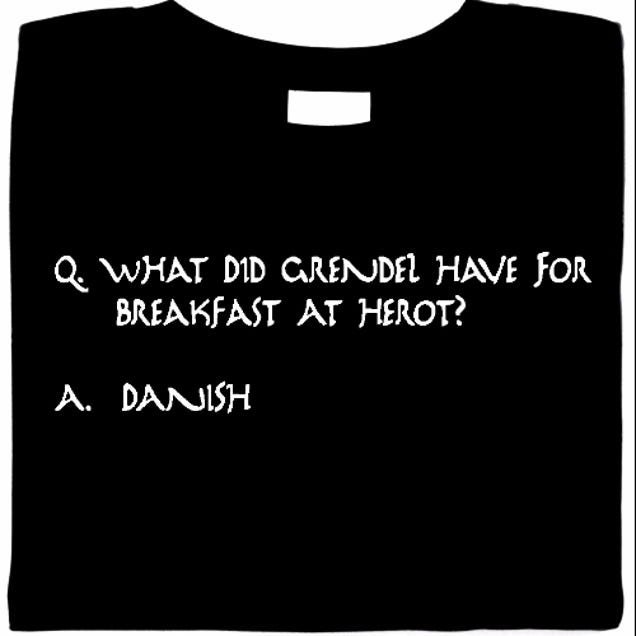Link
A boy crosses the room during the beginning of class,
backpack over his shoulder, the hair in his eyes masking the indifference he
bears to his own lateness. You’ve begun
discussing Shakespeare’s 29th sonnet, imagining what it must feel
like to be able to feel like this,
and you notice how the boy takes his time dragging his boots across the floor
towards his desk by the window.
“When in disgrace with fortune and
men’s eyes,
I all alone beweep my outcast state
. . .”
He gazes out at the street, the art
building, the passing cars, the rain, looking more through these things than at
them. It’s like you’re not there.
“And trouble deaf heaven with my
bootless cries . . .”
For twenty years you have taught sonnet
29, your favorite poem, enjoying its jazz-like rhythmic improvisations and the
wonderful optimism in the face of life’s adversity – “and then, like to the
lark at break of day arising from sullen earth, haply I think on thee.” You wish a turn of phrase so brilliant would
knock on your door and make things better.
You try to ignore the sullen,
long-haired boy against the window, but it’s hard. You want them all to realize how amazing this
poem is, how such feelings are almost impossible in real life, how sometimes
poetry is as real as life is, or as real as you’d like it to be. You don’t know the boy lives with his
grandmother. You aren’t there at her
kitchen table, day after day, as she reads her favorite recipes to him. Apple pie, chicken and dumplings, tuna noodle
casserole. Her only resume. You don’t see
him listen lovingly, every night, to this litany of ingredients, only returning
to his room when she rises from the table.
You return to the poem, focusing on
its wonderful music, its varieties of the iambic pentameter line. You’re happy because you can chart this all
out on the board, looking smart, the master decoder demystifying a 400 year-old
poem for a bunch of kids who, maybe, if you decode it just right, will really get it.
But you ignore the fact of the poem’s words – “this man’s art, that
man’s scope,” “men’s eyes,” “cursing my fate.”
You don’t ask if anyone has ever felt this because it would be like
getting too close to the flame. You pay
attention to the metaphors, the beats, the prosody because they are harmless
and measurable - - topics for impressive essays – the pain and longing too real
to acknowledge as you try to look smart before your class.
You wish you were as courageous as
the scowling boy, whose last short story was confused for a memoir and who bore
his soul like he was writing on his deathbed – with no sense of audience or
repercussions – the petty crimes, the shattered glass on the kitchen floor, the
stench of cheap whiskey, the countless hours alone with his XBOX, the
half-written suicide notes crumpled in his garbage can, the memory of his
first-day-of-school Kindergarten picture on the living room wall – a picture
full of toothless joy, a story with only one chapter. He wrote all of this down. You didn’t give it a grade. For once, you had good sense. It would have been obscene to pretend that
his pain could fit inside a number in red ink.
You wrote “SEE ME” in bold confident letters but the boy had neither the
boldness nor confidence to see you on his own.
Strangely, you haven’t found the courage to see him either. You wonder for a moment the conditions under
which you would “change your state for kings” and what you would change it
for. No, that’s wrong. Shakespeare isn’t saying that, you
realize. He’s saying that his beloved is
so amazing that even though he is envious, jealous, and talentless, the love he
has isn’t worth changing anything
for. You ponder Shakespeare’s boldness
for shooting for the moon. “Kings.” He wouldn’t exchange his shitty life, EVEN to
be a king, as long as his beloved stays by his side.
The bell rings, wishing your
thoughts could be part of your lesson plan.
You drive home to a silent house.
The only sounds are the voices of Pat Sajak and Alex Trebek before you
retire early for the night. Even in your
last waking moments, even in your dreams, you never realize that the boy sits in
the dark with his Xbox, the sounds of simulated gunshots muting any hope for
cosmic deals, for images of greatness, even for the desire for someone to grab
his hand and say, “I am here. I am
here.”







